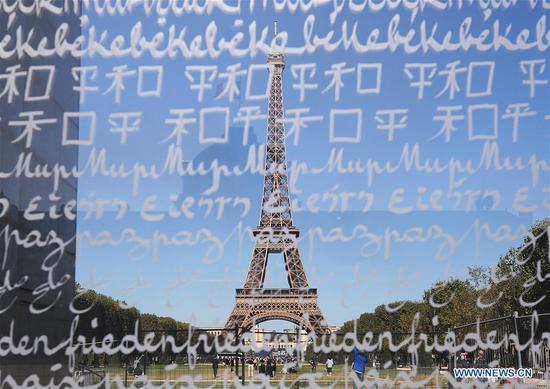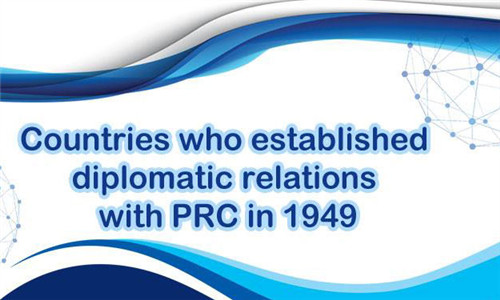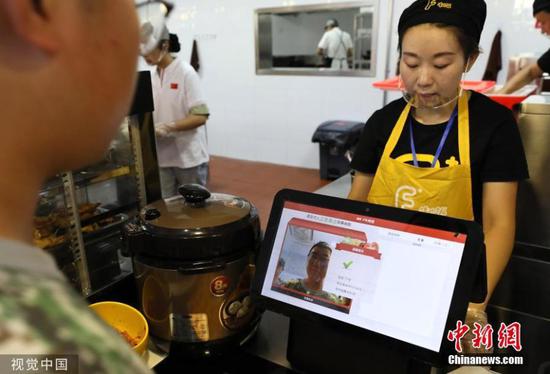
Changing attitudes
Xu Xiaolei, chief brand officer at China CYTS Tours, has also noticed a number of changes.
"I think the biggest change is people's attitudes toward traveling abroad. In the past, our customers used to explore their overseas destination with great care because everything was new to them," he said.
"However, travelers nowadays, especially younger ones, are more confident, because traveling overseas is no longer newfangled, but a regular leisure activity," he added.
"The fundamental reason for the ever-booming outbound tourism sector lies in rising incomes and people's growing desire for travel. Also, the improved vacation system gives them enough time for leisure and travel."
Dai, from the China Tourism Academy, said he remains optimistic about the development of the nation's outbound tourism market.
"Though outbound visits reached 150 million last year, only 120 million people have passports, accounting for just 8 percent of the population, which indicates that there is a large market that has yet to be fully developed," he said.
"We will see continuous growth in the coming 10 years."
Sun said outbound tourism is already moving beyond competition on prices and a focus on a handful of well-known tourist hubs.
She estimated that up to 100 million new jobs will be created globally by the travel industry over the next decade, and China alone will account for 41 percent of them.
Zou, from Lvmama, said the improved paid vacation system is also helping to boost China's overseas tourism.
"Usually, people need at least five days to take an overseas trip. The paid vacation system gives them more flexibility to travel, while bringing the minimum economic loss," she said.
"In the decades since the start of reform and opening-up, China's economy has grown rapidly, while people's appreciation of culture and etiquette remain relatively backward, compared with our economic development.
"Some uncivilized behavior, such as spitting and taking photos at religious sites, still exists. Thankfully, the government and travel agencies are making efforts to help improve the situation."
Xu, from China CYTS Tours, said the market will have a promising future as long as travel agencies continue to offer quality services.
"The steadily growing economy will bring more benefits to people, and that will stimulate their desire for consumption and leisure-for example, in fields such as overseas travel," he said.
Timeline
1982: The National Tourism Administration is established
1983: Hong Kong and Macao open to Chinese mainland travelers
1990: Self-supporting tours to Singapore, Malaysia and Thailand open to Chinese travelers
1999: Diethelm Travel Yunnan, the nation's first joint venture travel agency, is established
2005: The United Kingdom becomes an authorized destination for Chinese travelers
2008: Group tours to the United States open to Chinese travelers
2011: Individual visits to Taiwan open to mainland travelers, and pass issuance centers are established in Beijing, Shanghai and Xiamen, Fujian province
Sources: China Tourism Academy, China Tourism Daily and People's Daily


















































